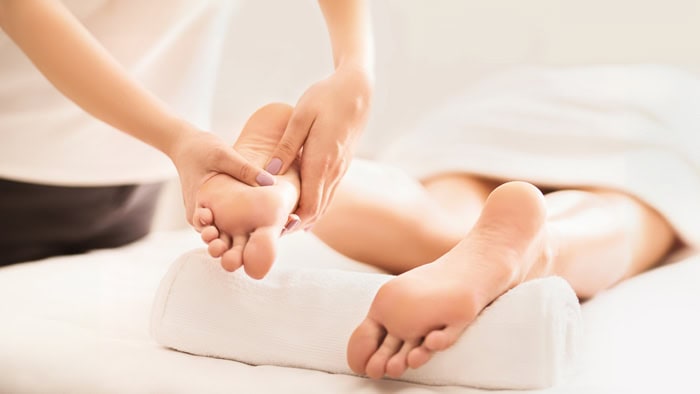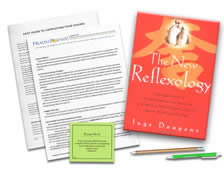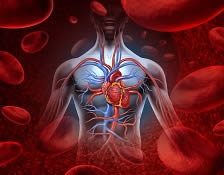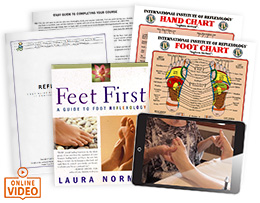

Hypertension, a prevalent cerebral vascular disorder impacting millions globally, has been the focus of a recent literature study conducted using the PICOT framework and drawing upon Google Scholar, ScienceDirect, and Scopus databases. The research, spanning case studies, case reports, and cohort studies from 2019 to 2022, has unveiled a groundbreaking correlation between various non-pharmacological interventions and an astonishing 80% reduction in blood pressure among hypertensive patients. (1)
The study highlights the effectiveness of diaphragmatic breathing exercises, slow deep breathing, musical therapy, and foot massage therapy in significantly alleviating hypertension. Notably, diaphragmatic breathing exercises not only proved effective in lowering blood pressure but also demonstrated a remarkable ability to reduce anxiety and stress levels.
Key Findings
1. Diaphragmatic Breathing Exercises
- The technique facilitates stable vital signs, such as increased SpO2 and lowered blood pressure.
- Conscious, deep breathing involving the lower abdomen enhances pulmonary ventilation and improves oxygenation.
- Adequate oxygen demand fosters the growth of vascular endothelium, crucial for vasodilation.
2. Slow, Deep Breathing
- Interventions positively affect the medulla, relaxing the nervous system and lowering blood pressure.
- Regular breathing exercises enhance physical and mental health, modulating the cardiovascular system.
3. Musical Therapy

- Music, ranging from classical to traditional, proves instrumental in reducing tension and promoting relaxation.
- Listening to music activates the limbic system, leading to lower blood pressure and the production of Nitric Oxide molecules.
4. Foot Massage for Alleviating Hypertension
- Foot massage intervention strengthens heart function and reduces the risk of decreased cardiac output.
- Specific points on the feet, when massaged, contribute to blood pressure reduction through reflex mechanisms.
Implications for Hypertension Management
The study suggests a paradigm shift in hypertension management by emphasizing non-pharmacological approaches as viable alternatives to traditional antihypertensive drugs. These interventions not only demonstrate effectiveness in lowering blood pressure but also address associated issues like stress and anxiety.
Future Directions
Researchers and healthcare practitioners are urged to explore and integrate these non-pharmacological interventions into broader hypertension management strategies. The potential impact on improving the overall well-being of hypertensive individuals is substantial.














